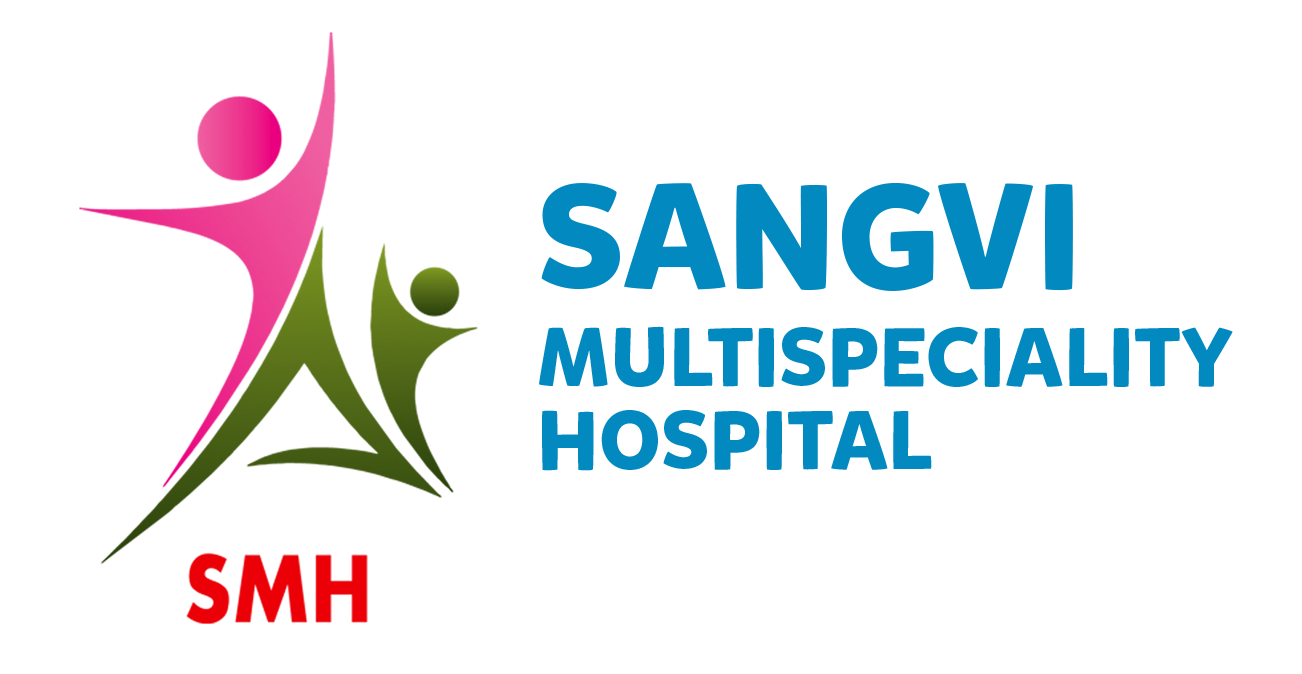In a fast-paced and high-stakes environment like a hospital, effective communication is more than just a professional requirement; it can be a matter of life and death. Hospital staff, patients, and their families all depend on clear, accurate, and timely information exchange to ensure the best possible care. This blog post will delve into the importance of communication in hospital settings, its impact on patient outcomes, and the strategies that can be employed to foster a culture of effective communication.
Enhancing Patient Safety
One of the most critical aspects of communication in a hospital setting is ensuring patient safety. Miscommunication can lead to medication errors, wrong-site surgeries, or misdiagnoses, which can all have catastrophic consequences. By prioritizing clear communication between physicians, nurses, and other healthcare providers, hospitals can minimize the risk of such errors, ultimately ensuring that patients receive the best possible care.
Improving Patient Satisfaction
Effective communication is not only crucial for safety but also for overall patient satisfaction. When healthcare providers are open, empathetic, and informative, patients and their families feel more at ease and have a better understanding of their medical situation. This sense of trust and understanding leads to better collaboration, adherence to treatment plans, and improved patient outcomes.
Facilitating Teamwork and Collaboration
Hospitals are complex environments, often involving interdisciplinary teams of healthcare professionals working together to provide comprehensive care. Clear communication channels are essential in ensuring that each team member is aware of their responsibilities and the overall treatment plan. Effective collaboration reduces the risk of miscommunication, fosters a supportive work environment, and ultimately benefits patient care.
Reducing Stress and Burnout
Poor communication in a hospital setting can lead to increased stress and burnout among healthcare professionals. A lack of clarity, misunderstandings, and increased workload due to communication failures can negatively impact morale, job satisfaction, and overall mental health. By promoting open and effective communication, hospitals can create a healthier work environment and mitigate the risk of staff burnout.
Strategies to Promote Effective Communication
Implementing Communication Training Programs
Regular training programs for healthcare professionals can help develop and maintain communication skills. These programs should focus on active listening, empathy, non-verbal cues, and techniques for managing difficult conversations. By investing in communication training, hospitals can ensure that their staff members are well-equipped to navigate the complexities of the healthcare environment.
Adopting Standardized Communication Protocols
Standardized communication protocols, such as SBAR (Situation, Background, Assessment, and Recommendation), can help streamline the exchange of critical information between healthcare professionals. These protocols provide a structured format for conveying information, reducing the risk of miscommunication and promoting clarity in high-stress situations.
Encouraging a Culture of Openness
Hospitals should strive to create a culture of openness and transparency, where all staff members feel comfortable voicing concerns and asking questions. By fostering an environment where open communication is valued and encouraged, hospitals can identify and address potential issues before they escalate, ultimately improving patient care.
Conclusion
Effective communication is a cornerstone of patient safety, satisfaction, and overall well-being in hospital settings. By prioritizing communication training, adopting standardized protocols, and promoting a culture of openness, hospitals can ensure that their staff members are well-equipped to navigate the complexities of the healthcare environment, ultimately leading to better patient outcomes and a healthier work environment for all.

